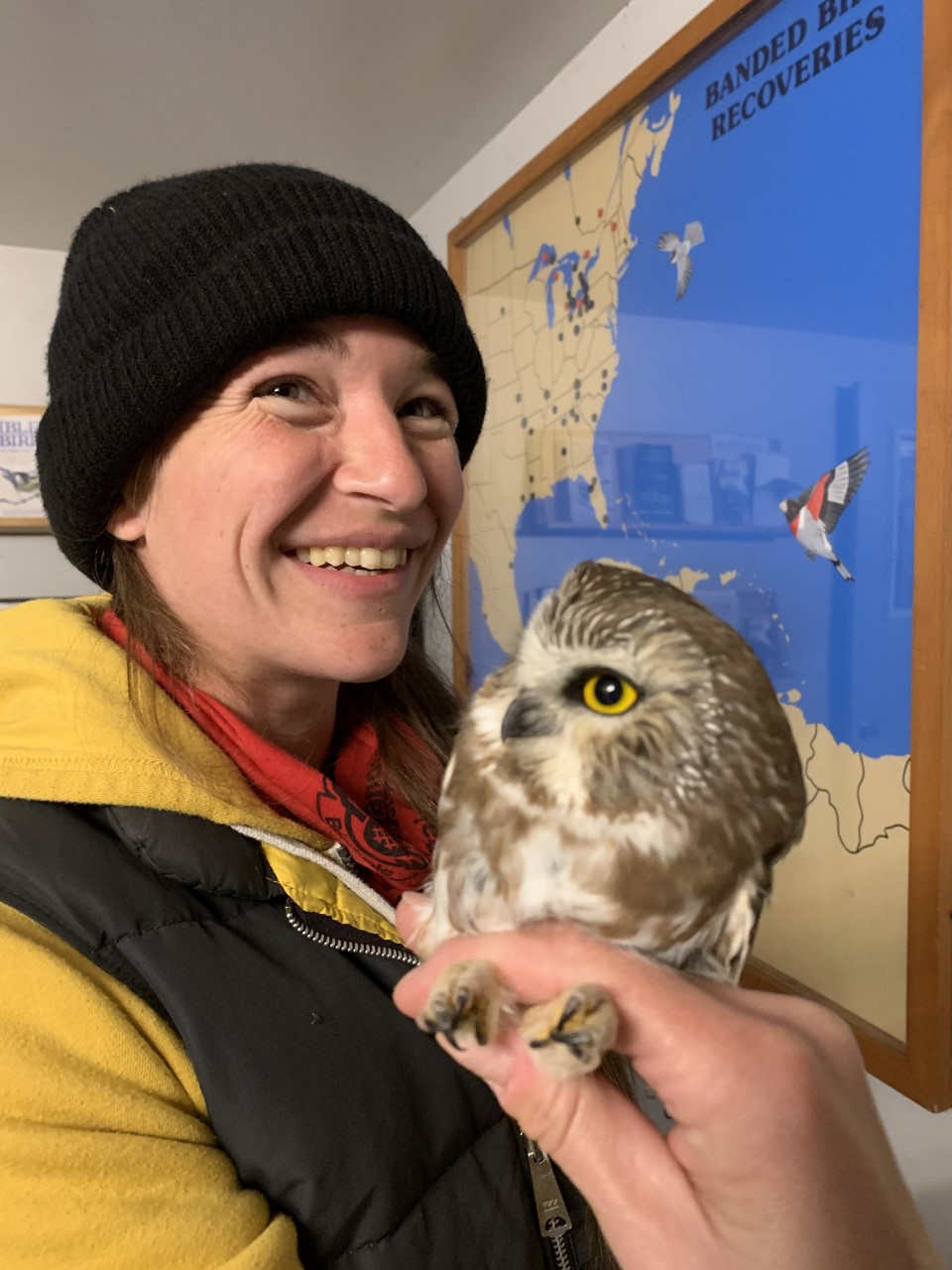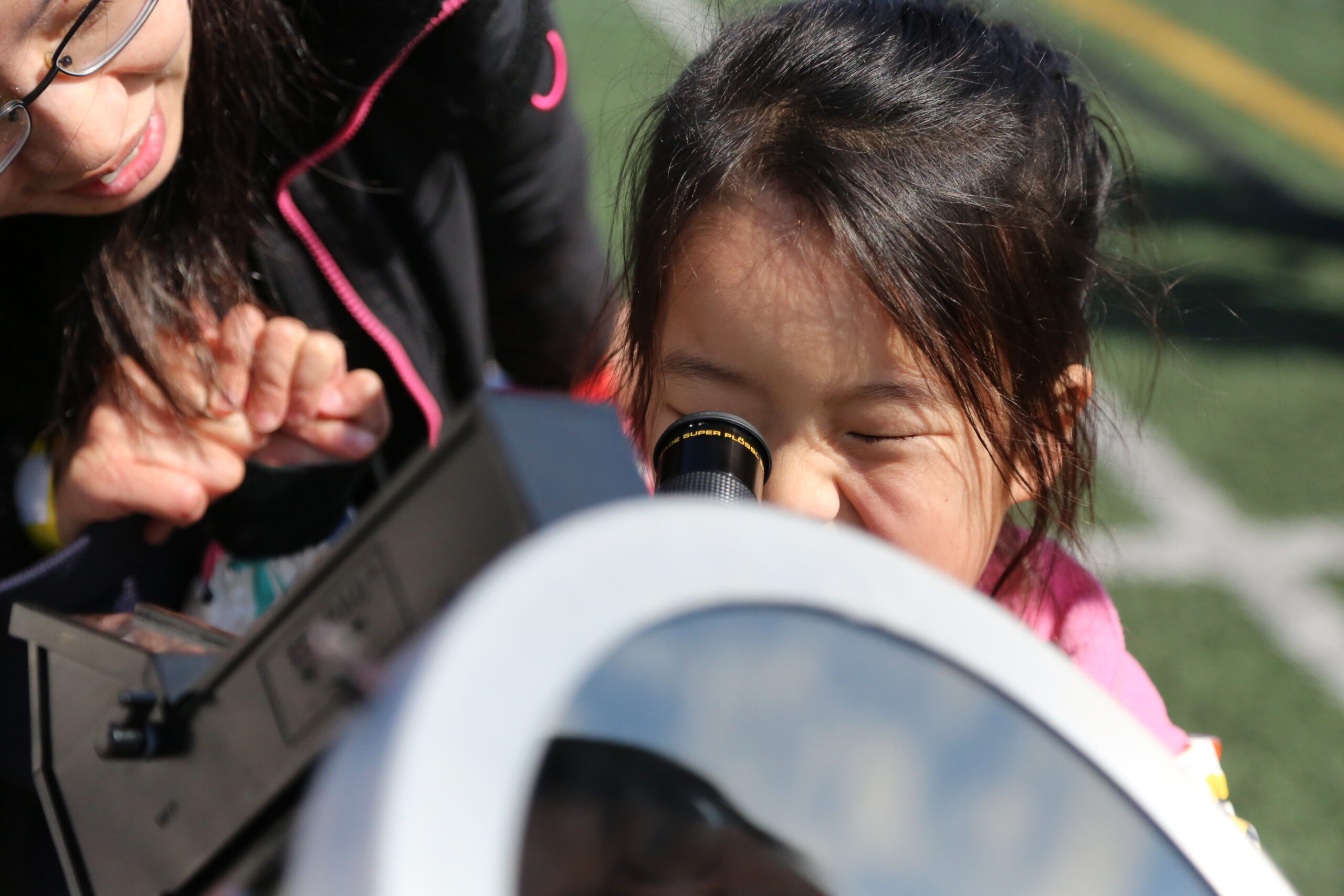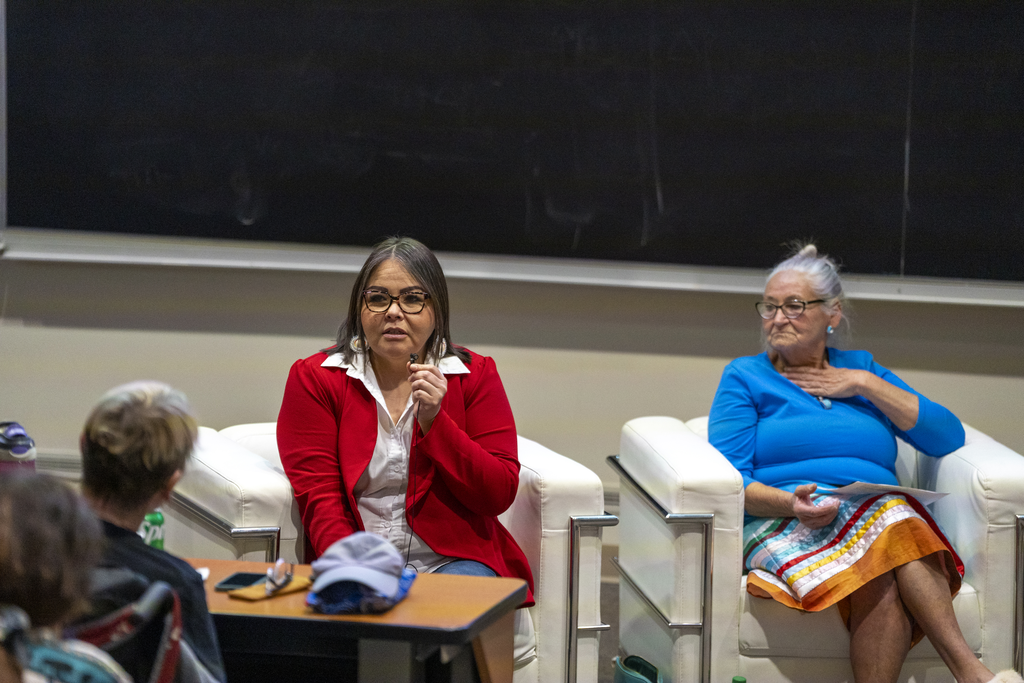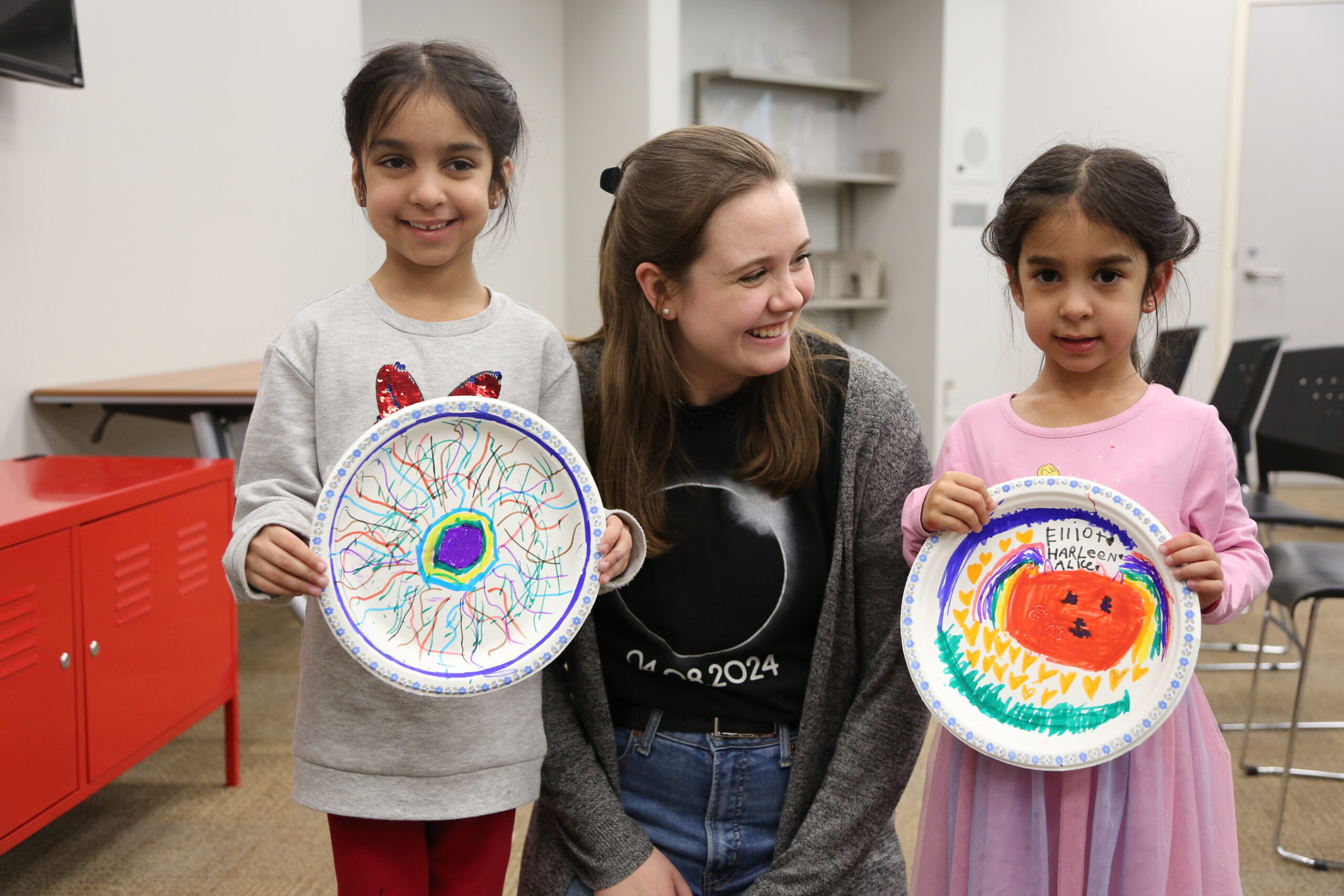Postdoc Making the Case for Research and Science

“If you can’t explain it simply, you don’t understand it well enough,” said the Nobel Prize-winning theoretical physicist. Leanne’s been doing exactly that since the start of 2021.
Last month, Leanne wrote about her research as a behavioral ecologist in a 600-word article published in The Conversation Canada. She then gave a 10-minute talk on how birds smell and how smell influences their behavior. Leanne’s talk was part of the inaugural Appetizers for the Mind webinar presented by the McCall MacBain Postdoctoral Fellows Teaching and Leadership Program.
Leanne is among the 13 postdoctoral fellows enrolled in the made-at-McMaster program funded by the McCall MacBain Foundation. Now in its second year, the training program develops leadership and communication skills in the next generation of high-performing teachers, researchers and academic leaders. Submitting an op-ed is one of the program’s key deliverables and Leanne is among the nine postdoctoral fellows who’ve been published in The Conversation Canada.
While she’s presented at many scientific conferences, Leanne says talking with a general audience has been a new and positive experience.
“Telling a good story is important,” says Leanne. “There’ so much information available these days. Sharing our research in a straightforward and interesting way can make the difference between someone clicking on a link to learn more or scrolling to something else.”
Leanne sent her Conversation Canada story to family and friends. “I like having a short, fun summary of my research project that I can share since they never want to read my formal research papers.”
Leanne’s research drew the attention of Col. Chris Hatfield, the first Canadian astronaut to walk in space and command the International Space Station. “Well, it’s not every day a famous astronaut RTs your work,” Leanne wrote in a reply to Col. Hatfield’s tweet.
While writing scientific manuscripts is her immediate priority, Leanne says she feels inspired to seek out more opportunities to write and speak with general audiences. “It’s a lot of fun and I appreciate the chance to share my research with others. And given that scientists often receive taxpayer funding, we have a responsibility to give back to our communities by sharing our work with a broad audience.”
Leanne’s advice to other researchers looking to connect with a general audience with an article in The Conversation Canada? “Start with a catchy hook, let the audience know what they’re going to learn, tell them about your research simply and briefly, bring your story full circle and then to a close.”
Related News
News Listing

Physics and Astronomy grad students offer out-of-this-world view at total solar eclipse viewing party
Community, Engagement excellence, Graduate students
April 8, 2024

The greatest of love stories: Panel shares Indigenous perspectives on the eclipse and astronomy
Community, Faculty, Outreach, science communication
April 8, 2024


